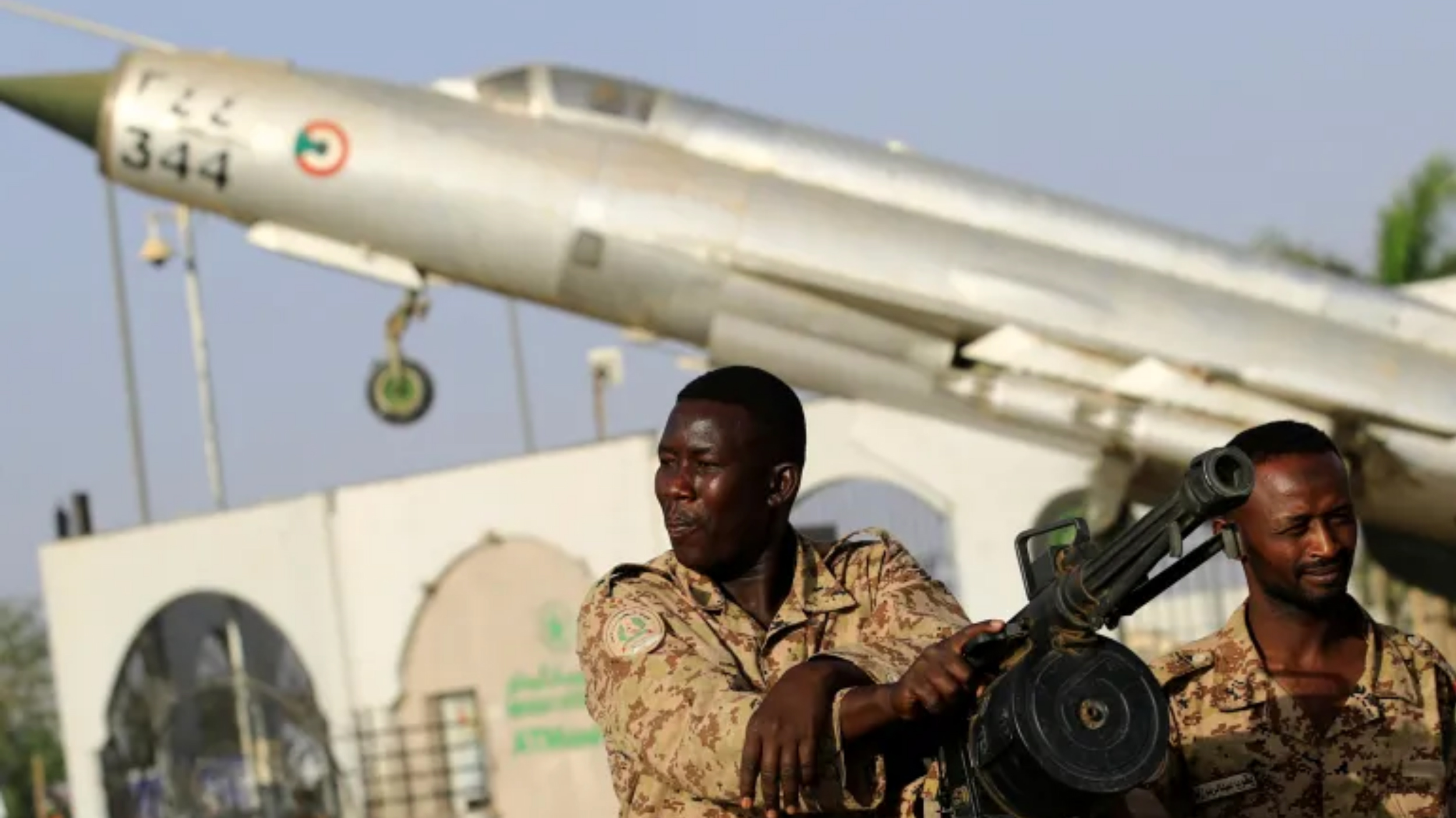
On 15 April 2023, armed clashes erupted in Khartoum between the Sudanese army, commanded by Abdel Fattah al-Burhan, and the Rapid Support Forces (RSF), led by Mohammed Hamdan Dagalo, known as Hemetti, with both sides using heavy weaponry.
The fighting was precipitated by disputes over the final framework agreement concluded with the Central Council of the Forces of Freedom and Change (FFC) on 5 December 2022, under the auspices of the international Quartet. But the conflict between Burhan and Hemetti arises more broadly out of the shifting balance of power between the army and the RSF.
The framework agreement essentially strips the army leadership of control over the civilian bureaucracy and, more importantly, the RSF. While the RSF is to be ultimately disbanded and integrated into the country’s armed forces, the agreement sets no timetable for integration. Moreover, the agreement prohibits the military from engaging in commercial activities not related to the defence industry, while remaining silent about the gold mining concerns of the RSF, which according to a UN report, netted $4.6 billion in export revenue from 2010 to 2014.
The army’s loss of control over the RSF represents a real threat, made even more dangerous by the current alliance of convenience between the FFC’s Central Council and the RSF: the Central Council is using the RSF to minimise the army’s control of the political process, while the RSF is using the council to buy time to delay its integration into army. Meanwhile, Hemetti has increased the number of forces under his command to some 100,000 fighters and equipped them with light weapons, artillery and armoured vehicles. Given this situation, the army believes it is urgent to bring the RSF to heel while it still controls the reins of power and has not yet handed power over to civilians.
Although both Hemetti and Burhan have clear political aspirations in post-transition Sudan, as evidenced by their efforts to bolster their international and domestic legitimacy, the crux of the current conflict is not personal rivalry. Rather, the army leadership refuses to abide the existence of a parallel army beyond its control that threatens its own monopoly over security and defence.
The conflict may play out in a number of ways. The two sides may continue to fight until one takes full control, which is both parties’ declared goal. Both have sufficient capabilities to support a protracted conflict. The Sudanese army has more tanks and aircraft, but these weapons lose their advantage in street fighting in cities, where the RSF excels. The fact that the RSF’s social base is in the remote Darfur region poses enormous challenges for army forces fighting on the periphery, and thus may also prolong the war.
As the conflict persists, it may weaken the central authority and narrow the prospects for a political settlement, increasing the potential for fragmentation in the periphery of Sudan. Militias may become more active, reckoning the benefits of independence in areas under their control outweigh the advantage of participation in the central authority. In addition, such endeavours will be less risky and costly, as the central authority would no longer be able to impose significant losses on these militias.
Alternatively, external forces with strong influence over and ties to the warring parties—including the Quartet, Gulf states and Egypt—may pressure them to deescalate and freeze the situation for a period before embarking on talks to rebuild trust. This scenario becomes more likely the longer the fighting lasts and the greater the human and material casualties; but the result would be a fragile calm, as both parties would exploit the truce to prepare for the next round of fighting.
A less likely outcome is some sort of concord. If the fighting is protracted and the RSF suffers heavy losses, army commanders may be able to persuade outside mediators to pressure the RSF leadership to integrate into the army or demobilise on favourable terms, like those previously offered to other Sudanese armed factions. This scenario is precluded by Hemetti’s refusal to give up his most important security and political asset and by the ability of the RSF to continue fighting, if only on the periphery, for political gains it could not achieve through a direct clash with the army.
In the meantime, the transitional process will suffer. The priority now is to stop the fighting and establish peace, after which the framework agreement will need to be reformulated to take into account the position of the RSF in the political process, as either a legitimate partner or a rebel force.
*This is a summary of a policy brief originally written in Arabic, available here.